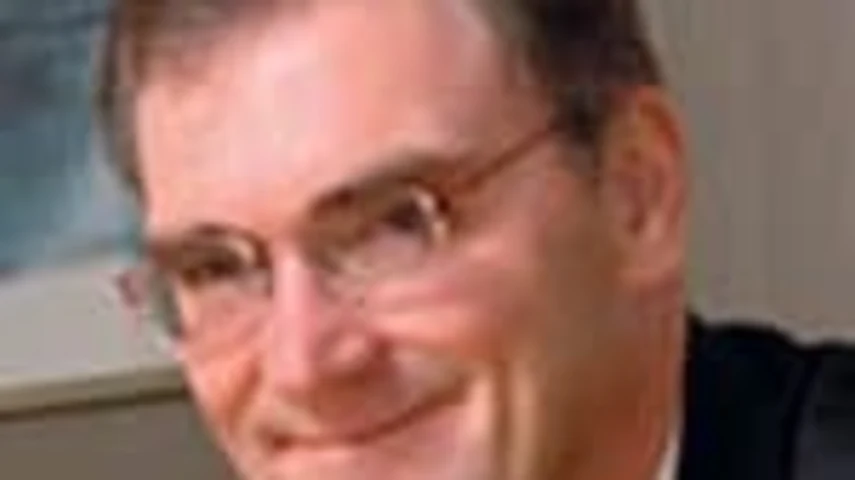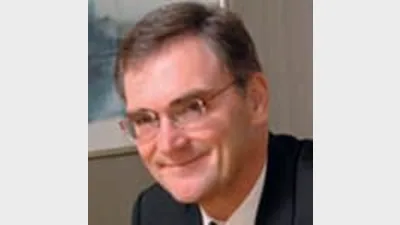SMSF trustees might have to acknowledge risks



An Australian Securities and Investments Commission (ASIC) official has acknowledged that the regulator could vary the standard licensing conditions applying to financial advisers to require them to point out that self-managed superannuation funds (SMSFs) carry a higher level of risk.
Under questioning during Senate Estimates about the fall-out from the collapse of Trio Capital, ASIC commissioner, John Price said there was currently no regulatory obligation on either financial planners or accountants to outline the risks of theft or fraud which might attach to SMSFs.
"In terms of what we have done in relation to financial adviser surveillance arising out of Trio, ASIC has done an extensive surveillance in that area, including on the question of whether or not specific risks of theft and fraud were pointed out to investors," he said.
"The answer is that we did not find either documentary or written evidence that those risks of theft and fraud were provided by financial advisers to clients, nor is it general industry practice to do so, nor is there a specific legislative provision that requires it to be done," Price said.
However, under questioning by committee members, Price said ASIC could seek to vary its standard licence conditions to put such a requirement in place.
"That would mean that new people who applied for a licence in relation to self-managed superannuation would need to provide that sort of a warning," he said.
"But, in relation to existing advisers who had a licence, we could only change their existing licences to require them to give such a warning after we had given them an opportunity for a hearing and after they had a right to appeal that decision," Price said.
ASIC chairman Greg Medcraft said one of the suggestions ASIC was going to make was that there should be a written acknowledgment at the time somebody is setting up a SMSF "that basically they are not covered for theft or fraud and that, in fact, not only should they sign a written acknowledgment when they set it up but every two or three years they should actually sign a new acknowledgment, as they do with the nominated beneficiary for a fund, and acknowledge that, in fact, they have no coverage for theft or fraud".
"I think it is, frankly, quite important that Australians who have self-managed super clearly acknowledge that basically they do not have that protection," Medcraft said.
Recommended for you
The winners have been announced for the 2025 Super Fund of the Year Awards, held in Melbourne on 26 November by Money Management's sister brand Super Review.
Data and technology provider Novigi has acquired Iress’ superannuation consulting and managed services business from Apex Group.
AMP is to launch a digital advice service to provide retirement advice to members of its AMP Super Fund, in partnership with Bravura Solutions.
Unveiling its performance for the calendar year 2024, AMP has noted a “careful” investment in bitcoin futures proved beneficial for its superannuation members.









